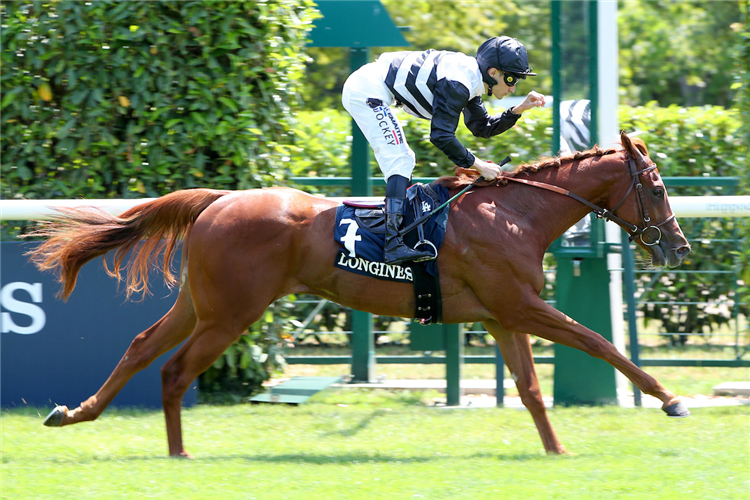Horse racing is a captivating sport where strategy, skill, and unpredictability come together. Among the many factors influencing a race's outcome, one often goes unnoticed: the weather.
Understanding how weather conditions impact horse racing can deepen your appreciation for the sport and improve your betting decisions, especially when considering events like the Breeders' Cup.
One of the most significant ways weather affects horse racing is through ground conditions. Races can occur on various surfaces like grass, sand, and dirt. Additionally, synthetic tracks help make racing a year-round possibility.
- Hot and Dry Conditions: These lead to hard ground, which can be tough on horses' legs. Their hooves absorb more impact, making injuries more likely. Trainers have to adjust their strategies, opting sometimes for softer surface races to protect their athletes.
- Rain and Wet Conditions: Rain-soaked tracks are softer, benefiting horses good on "soft going". However, too much moisture creates mud, which can hinder visibility and cause the ground to become slippery.
- Cold Weather: Cold turns the ground hard, similar to dry conditions, presenting similar risks. Jockeys often warm their horses thoroughly to prevent muscle stiffness, and blankets are used to keep them warm pre-race.
Heat and Humidity: A Double-Edged Sword
Contrary to what one might think, hot weather isn't always smooth sailing.
- Heat Stress: Horses are prone to heat stress due to their large bodies and high muscle activity. Jockeys soak the horses' hay and ensure they have ample water. Cooling them down with cold water post-race is essential.
- Race Timing: Flat races are frequently held during warmer months when the ground is harder and faster. Yet, excessive heat can cause races to be postponed.
Wind: The Invisible Challenge
Wind can be an insidious challenge during races.
- Headwinds and Tailwinds: Strong headwinds make it tougher for horses in the lead, as they have to fight against the wind. Conversely, a tailwind can benefit those trailing, pushing them forward and potentially altering race outcomes.
- Safety Concerns: High winds can also lead to race cancellations. In 2008, Cheltenham Festival witnessed 50mph winds that resulted in structural damage, prompting midweek race postponements.
Rain: The Predictable Unpredictable
British weather is famously unpredictable, with rain a constant companion, especially during iconic races like the Grand National and Epsom Derby.
- Impact on Ground Conditions: Rain significantly affects "the going." More moisture softens the ground, which can be a boon for hurdles and steeplechases but tricky for faster flat races.
- Memorable Rain-Soaked Races: The Grand National in 2001 was one of the rainiest, with only four out of forty horses finishing the race. Such events go down in history due to the extraordinary challenges they present.
Cold Temperatures: Not Just a Nuisance
Cold weather poses unique hurdles for both jockeys and horses.
- Physiological Impact: Horses struggle with the cold based on their health, metabolism, and the condition of their coat. Before races, they are blanketed to keep muscles warm, preventing stiffness.
- Race Cancellations: In April 2018, Britain saw its worst year for fixture cancellations due to cold weather, with 60 races abandoned.
- Jockeys often jog and drink hot tea to keep their bodies warm pre-race.
Conclusion
Weather is more than just a backdrop; it shapes the very nature of a race. From the firmness of the turf to the pace of the competition, weather affects every aspect. For example, rain can soften the ground, making it more challenging for certain horses to maintain their speed while favoring others that excel in muddy conditions. On particularly windy days, jockeys must adapt their tactics, shielding their mounts from headwinds or using tailwinds to gain an edge. Heat, on the other hand, tests the endurance of horses, often leading trainers to modify their pre-race routines.
These conditions don't merely influence race outcomes; they define them. So, the next time you review the FanDuel Breeders' Cup odds, remember that weather plays an integral role. Recognizing this often-overlooked factor can give you the insight needed to make more informed bets and enjoy the sport at a deeper level.


